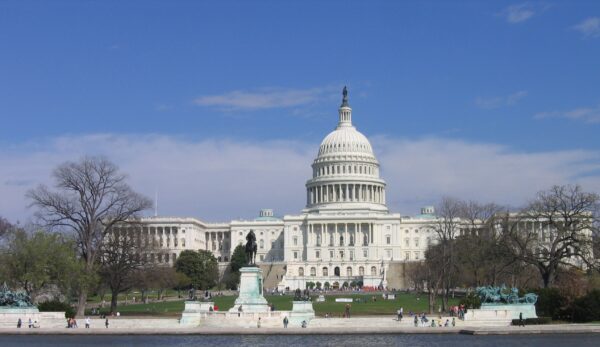In a dramatic early‑morning session, the Senate on Tuesday reportedly approved President Donald Trump’s sweeping tax, spending and budget package—branded the “big, beautiful bill”—by a razor‑thin 51–50 margin, with Vice President J.D. Vance casting the decisive vote.
The legislation now proceeds to the House, where Republicans aim to send it to the president by Independence Day.
Senate Majority Leader John Thune called the outcome “historic,” asserting that the bill would strengthen national security and bolster economic growth.
But the vote capped a fraught process, featuring a marathon “vote‑a‑rama” and intense negotiations late into the night.
Several Republicans—Senators Susan Collins, Rand Paul and Thom Tillis—broke ranks to oppose the measure, citing concerns over its cost and its impact on health and retirement safety nets.
Central to the legislation are extensions of the 2017 Trump‑era tax cuts coupled with new tax breaks—including exemptions on tips, overtime and Social Security income.
It also raises the debt ceiling by $5 trillion and reallocates funds toward border enforcement and military priorities.
In what was seen as a nod to moderates, the bill includes a beefed‑up $50 billion rural healthcare package, designed to win support from skeptical senators.
Yet the bill also features steep reductions in Medicaid and food‑assistance programs, restrictions on federal grants, and caps on deductions, sparking alarm from Democrats who warn of losing health coverage for millions and worsening care in rural America.
A nonpartisan analysis projects that, over the next decade, up to 11 million people could lose Medicaid access, while federal deficits could swell by more than $3 trillion.
The Senate has already excised several proposed measures—such as Medicaid provider‑tax reforms—after they were deemed ineligible under reconciliation rules.
House Republicans are unhappy with the revised package, calling parts “insulting and disgusting,” but political pressure from the White House is expected to prevail.
Speaker Mike Johnson has reconvened the House to vote as soon as Wednesday.
Stakeholders on both ends of the political spectrum view the bill as a near‑final test of Trump’s legislative clout.
Supporters argue it delivers on campaign promises, spurring growth and national security, while critics contend it packs party‑favored perks at the expense of vulnerable communities and long‑term fiscal stability.
As the July 4 deadline looms, the question is whether a narrowly united Republican majority can hold firm through yet another grueling vote—and whether a divided Congress can follow through on a bill that has rekindled the partisan tensions of the post‑Trump era.
[READ MORE: Sniper Who Staged Deadly Ambush of Firefighters in Idaho Identified]







